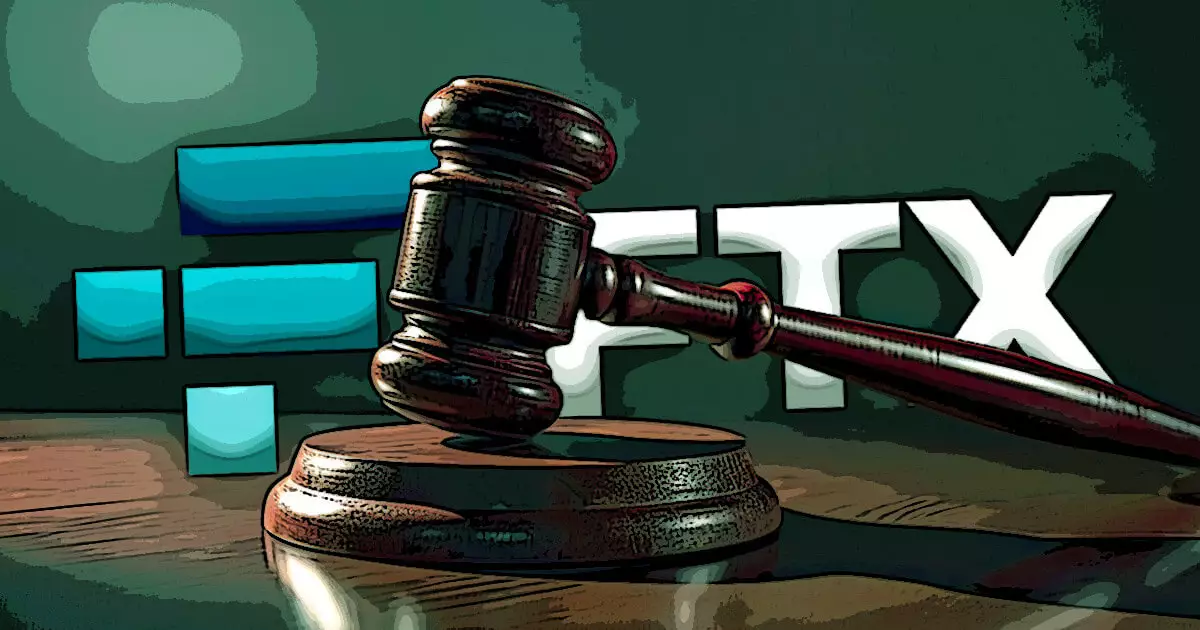A recent class action suit brought against the law firm Fenwick & West has prompted a response defending its actions. The lawsuit, initiated in August, alleges that Fenwick & West holds partial liability for fraudulent activities conducted by FTX. In its filing, Fenwick & West has presented various arguments to dismiss the case, highlighting the plaintiffs’ failure to prove certain crucial points.
One of the main contentions put forth by Fenwick & West is that the plaintiffs have failed to demonstrate that the law firm acted beyond the scope of representation. The defense argues that the allegations do not establish any knowledge or direct involvement in FTX’s fraudulent activities. Moreover, Fenwick & West refutes the claim that it participated in a Racketeer Influenced and Corrupt Organizations (RICO) enterprise. These points are pivotal to the customers’ legal claims, and Fenwick & West seeks to have the class action suit dismissed based on these arguments.
Fenwick & West maintains that it solely represented FTX and not individuals such as former CEO Sam Bankman-Fried or any other insiders involved in the alleged fraud. The law firm clarifies that it was one of several legal firms representing FTX and emphasizes that its services were routine in nature. In response to the plaintiffs’ assertion that Fenwick & West orchestrated the fraud, the defense highlights that it did not orchestrate any fraudulent activities.
Addressing allegations of providing services beyond the typical scope of a law firm, Fenwick & West explains that these services involved lawyers who subsequently left the firm to join FTX. The defense asserts that creating companies through which Bankman-Fried later committed fraud and advising FTX on regulatory compliance regarding cryptocurrency trading were within the bounds of legal practice. Importantly, Fenwick & West emphasizes that the plaintiffs do not argue that these services were inherently wrong or illegal. Rather, their contention lies in the fact that Fenwick & West provided legal services while allegedly possessing knowledge of FTX’s fraudulent activities.
The plaintiffs based some arguments on inferences drawn from Fenwick & West’s monitoring and diligence policies, coupled with the departure of two of its employees, Daniel Friedberg and Can Sun, who joined FTX. Notably, the original lawsuit highlighted an email from 2021 in which Friedberg acknowledged cash-sharing between FTX and its sister company, Alameda Research. Despite the existence of this email, Fenwick & West denies that it constitutes sufficient evidence to prove its awareness of any alleged wrongdoing at FTX.
The defense presented by Fenwick & West in response to the class action lawsuit demonstrates a strong assertion of their innocence and limited involvement in the fraudulent activities alleged against FTX. The law firm has meticulously addressed each point raised by the plaintiffs and argued for the dismissal of the case based on the failure to provide compelling evidence. As the legal proceedings continue, it remains to be seen how the court will evaluate the arguments put forth by both parties involved in this highly consequential case.


Leave a Reply